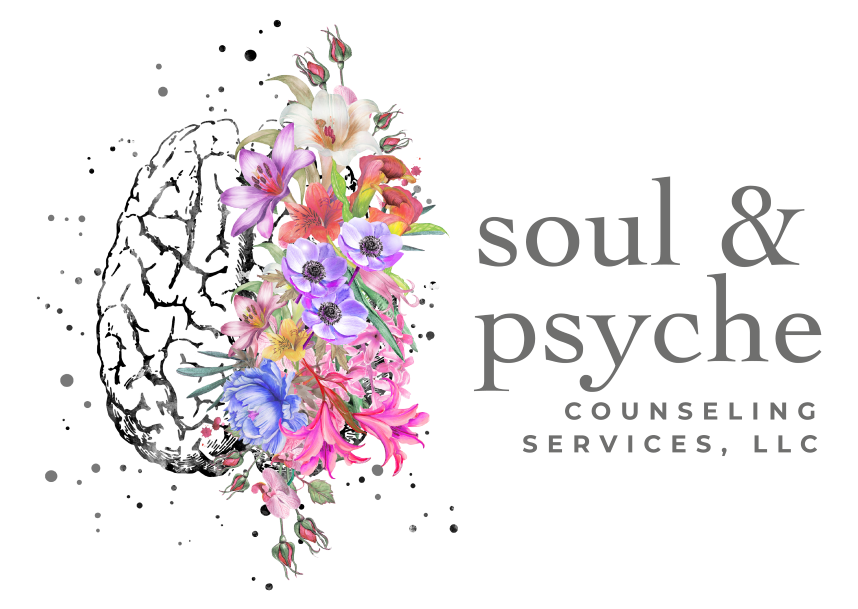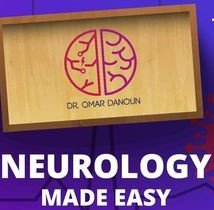“the brain is wider than the sky.”
Who “qualifies” for this treatment:
If you have been diagnosed with psychogenic nonepileptic seizures (PNES) or functional movement disorder or a type of conversion episode, therapy can help!
Why counseling:
My goal in our counseling sessions is to help you understand, accommodate, and hopefully regulate your episodes. In my work, I have seen clients able to significantly reduce frequency and intensity of symptoms within the first 6-8 weeks of treatment. Some clients completely eliminate symptoms for long periods of time by learning to better manage stress, better predict and prevent episodes, and tolerate the sometimes-extreme life disruption.
When should treatment start:
Therapy is helpful whether you have dealt with these episodes over time or if you have recently developed them. Even if medical/physical problems are still being investigated by your doctors, therapy may help. Many clients have other diagnosed problems such as severe asthma, POTS, chronic pain, migraines, etc. occurring with their episodes, and managing these problems along with an increased number of doctor appointments and medical tests only worsens stress levels.
How long is treatment:
Treatment can be short or long term. Many clients opt for longer term to help manage their stress and keep episodes controlled. However, if you are traveling a distance or if you already have a counselor, you may prefer to schedule only 6-8 sessions. This brief therapy would help to evaluate your situation, coordinate a care plan, and develop a treatment plan that can be continued with a therapist elsewhere.
What is the treatment:
Sessions will begin with obtaining personal and medical history and processing the onset of your episodes. Education about PNES, the brain, and stress may be included. I will help you to explore triggers, symptoms, and effects of your episodes. Most clients suffering with PNES have experienced trauma in their past. Therefore, part of initial treatment is also screening for post-traumatic stress disorder (PTSD).
Treatment will be personalized to your needs and situation and may include goals such as improving stress-management skills, setting better relationship boundaries, accepting new physical limitations, developing self-confidence, creating a post-trauma sense of self, learning to express a range of emotion, developing effective communication skills, etc. If it was determined that past trauma is a present concern and it is determined to be beneficial to you, a trauma narrative may be utilized to process the past trauma and reduce its present impact. We will develop a plan together with which you feel comfortable.
What if there are no openings:
1. Address trauma and stress
The majority of patients with PNES have past trauma, and they all report stress. Trauma and stress could even be "atypical" such as emotional, medical, bullying, etc. Fortunately, research has shown that no specialized treatment is needed for these seizures outside of quality therapeutic treatments such as CBT. That means that any therapist you trust who can provide evidence-based practices can help alleviate symptoms of PNES. A provider may consider including a trauma narrative, anxiety management, mindfulness, and cognitive restructuring. EMDR has also been found effective. You can use PsychologyToday.com to search by specialty, insurance, location, etc. and read about therapists who may seem to fit (link at bottom of page).
2. Find resources
Dr. Lorna Myers' and her website Psychological Non Epileptic Seizures are excellent resources where you can find some useful webinars for family of patients and useful resources for providers. There is also a reading list for patients and families. She has an annual virtual conference for patients and caregivers; you can find out more by clicking the lighthouse link at the bottom of the page. You may also find support through FND HOPE Network which is an online community that addresses functional neurological disorders like PNES (link also below).
Dr. Omar Danoun, a neurologist and epileptologist with Henry Ford Health System, has made a 4-part YouTube series about PNES and also provides basic information on his personal website. Find the link below.
3. Medical Comorbidities
Another important part of treating these seizures is the search for medical comorbidities. I have had many clients with comorbid POTS, Ehlers-Danlos, heart arrhythmias, asthma, hypoglycemia. The body may sense disruptions due to these medical conditions and react with a dissociative response to avoid the disruption... hence the episode. If any medical condition is not controlled, the seizures will most likely increase.
4. Consider alternative therapies
Some of my clients have decreased their episodes and symptoms through treatment with chiropractic, therapeutic massage, homeopathy, cannabis, and craniosacral therapy (focusing on the vagus nerve).
5. Tips for managing in the meantime
It helps to frame these episodes in a couple of ways. First, as a dissociative event similar to a panic attack or PTSD flashback. Mindfulness and grounding techniques are important for management of symptoms. Creating a daily relaxation routine can be useful for prevention. Second, as a learned coping skill. Behavior patterns can help manage symptoms. Create a 3-5 step calming routine (e.g., drink cold water, complete a guided mindfulness, draw feelings) to complete whenever you sense symptoms coming on and an activating routine for after a seizure (e.g., wash hands, walk outside, wash dishes, eat a mint, listen to a song you like). In this way, we help "train" the brain not to need the episode. Third, as an expression of repressed emotion. Working on feelings identification and expression is imperative. When you have an episode, identify your feelings and thoughts that day. Many clients have perfectionistic tendencies and high internal expectations that need to be lowered. Expressing a range of emotions helps connect with the "imperfect"/unpredictable part of yourself.
Hope this gives some help to you and your provider!
Written by Marci
Helpful apps & links for PNES:
“what matters in life is not what happens to you but what you remember and how you remember it.”









